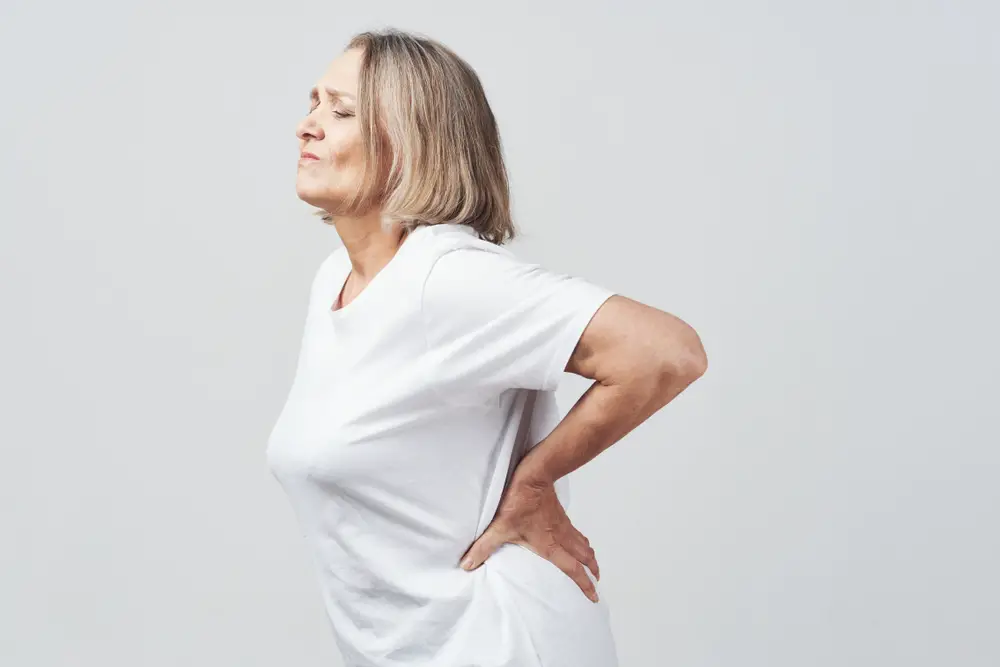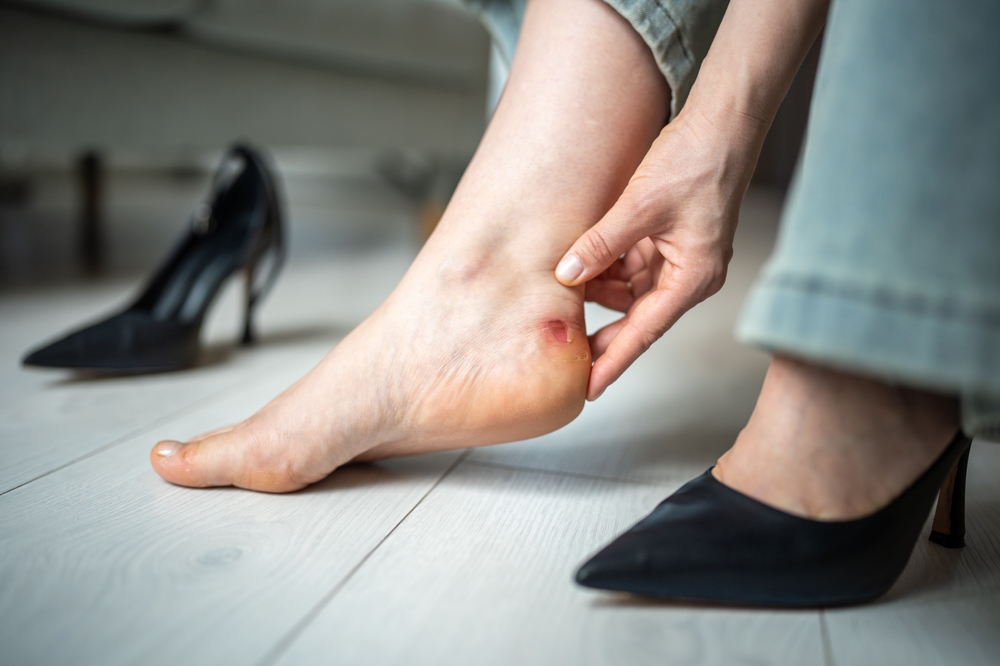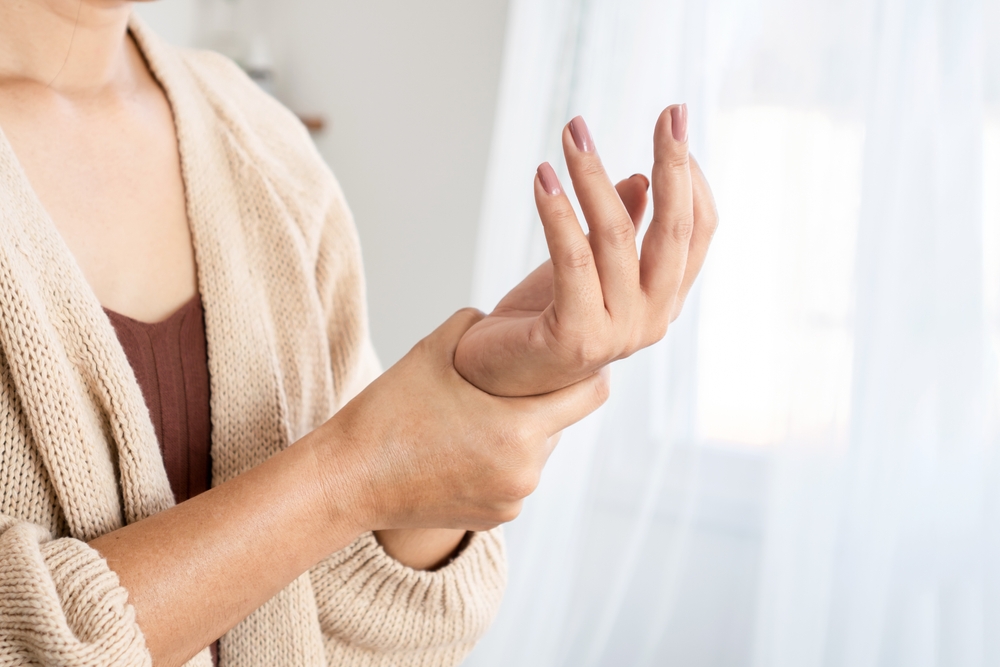We all age, but the changes after we reach 50 are sudden and surprising. Beyond the usual aches and pains, here are some unexpected (and annoying) ways your body begins to change, which can catch even the healthiest among us off guard.
1. Your Skin Gets Thinner and More Fragile

As collagen and elastin production slows, skin starts to thin out and becomes more prone to bruising and injury. Areas like your hands, arms, and face may look noticeably different, with skin feeling less resilient than before. Even simple bumps can leave marks that linger longer than they once did, and healing takes more time as skin loses its elasticity.
2. Your Muscle Mass Declines

Around 50, muscle mass starts to decline at an accelerated rate, a process called sarcopenia. Even if you stay active, your muscles may not feel as strong or responsive. This muscle loss can affect balance, mobility, and strength, making everyday activities feel a bit more challenging than they used to. Resistance training and staying active can help, but the change can still feel surprisingly fast.
3. Your Sense of Taste and Smell Fade
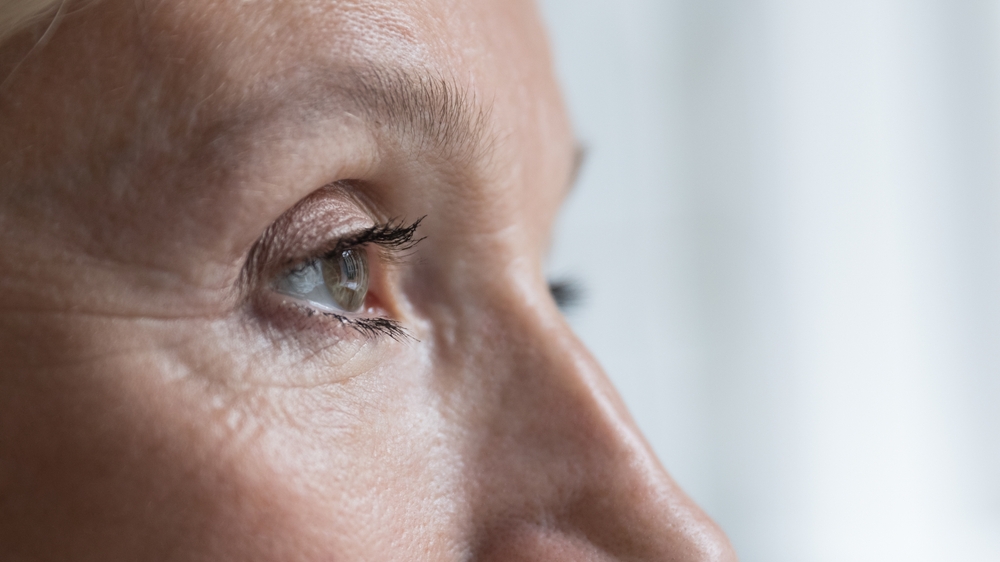
The flavors you once savored may not hit quite the same. After 50, it’s common to experience a gradual decline in taste and smell sensitivity due to reduced nerve endings and changes in saliva production. This change can impact your enjoyment of food and even your appetite, sometimes leading to nutritional imbalances if your interest in eating diminishes.
4. Your Hearing Heads South

Hearing changes can begin subtly, but they’re often one of the earliest shifts people notice as they pass 50. High-pitched sounds or background noise might blend into conversations, making it harder to catch every word. Even if you haven’t noticed significant hearing loss, you may ask people to repeat themselves more often.
5. Your Metabolism Takes a Dive

You might already know metabolism slows as we age, but after 50, the shift can feel particularly dramatic. The body starts burning calories more slowly, making it easier to gain weight, even if your diet and activity level haven’t changed. As muscle mass declines, the body’s energy needs decrease, meaning you may have to adjust your eating habits to maintain a healthy weight.
6. Your Bones Start to Weaken
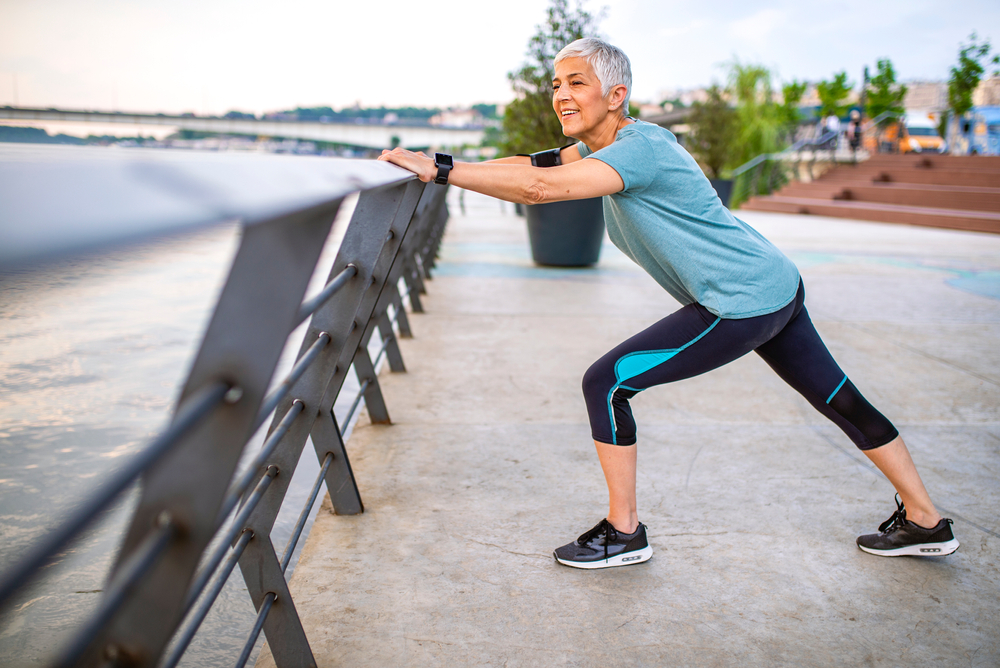
Bone density loss begins to accelerate in your 50s, which can lead to conditions like osteoporosis. The tricky part is that it happens silently—without pain or symptoms until a fracture occurs. Regular weight-bearing exercises, along with calcium and vitamin D, are essential for maintaining bone health, but they’re easy to overlook until something happens.
7. Your Sleep Patterns Go Haywire

Falling and staying asleep often becomes more difficult as we age, thanks to changes in our circadian rhythms and hormonal shifts. You may wake up more frequently throughout the night or feel wide awake at inconvenient hours. This disrupted sleep pattern can lead to fatigue during the day, impacting mood and cognitive function.
8. You Develop Digestive Issues
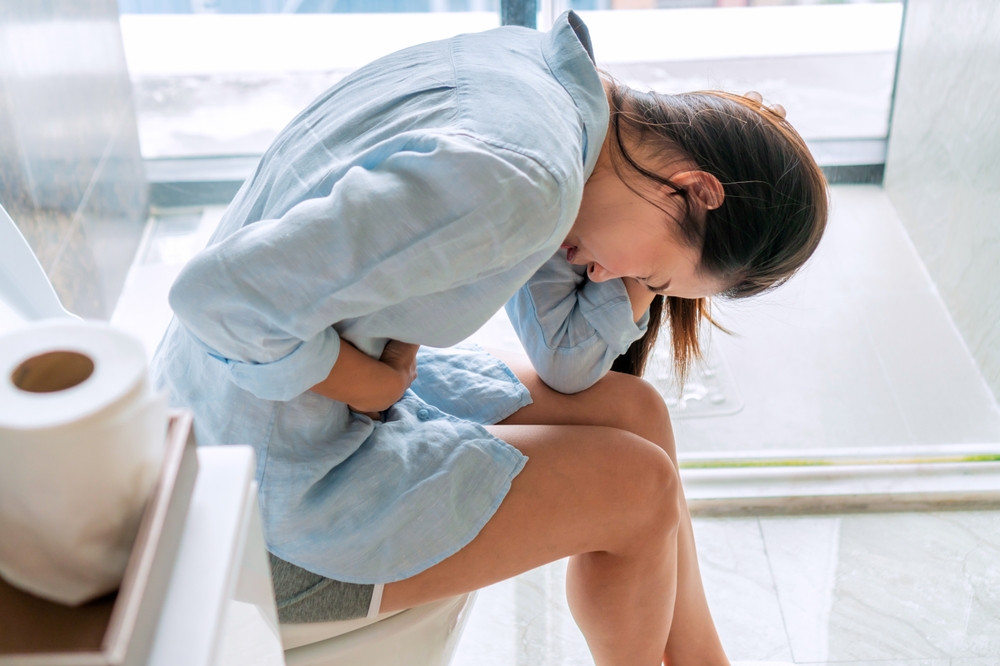
Your digestive system may feel less reliable as enzyme production slows and the digestive tract loses elasticity. Common issues like bloating, constipation, and heartburn can become more persistent. Foods that you once ate without a second thought may now cause discomfort, and maintaining digestive health requires more attention than it used to.
9. Your Vision Becomes Sensitive to Light
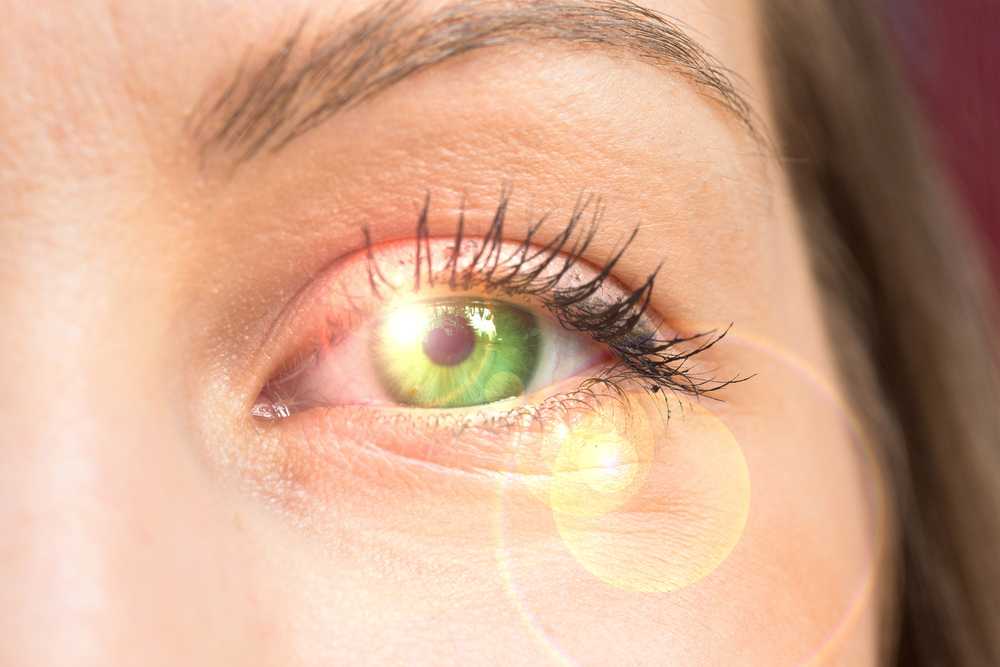
While you may already be familiar with reading glasses, increased sensitivity to bright lights can surprise you. As the lenses in our eyes harden and become less flexible, glare from headlights or sunlight can become more intense, making nighttime driving or even walking outside on a sunny day more challenging than before.
10. Your Hair Starts to Shed
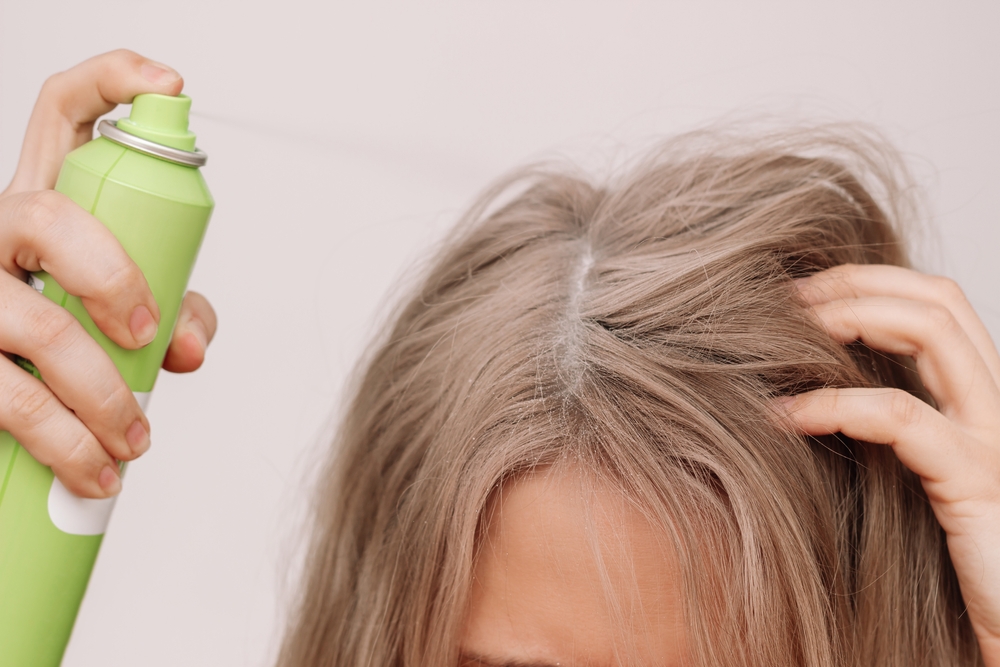
It’s no secret that hair changes as we age, but after 50, thinning can go beyond just the scalp. Many notice thinner eyebrows, eyelashes, and even body hair. This loss can feel like a sudden change in appearance, and while it’s completely natural, it may take some time to adjust to these differences.
11. Your Balance Becomes Off

Balance relies on a complex system that involves vision, inner ear function, and muscle strength—all of which can start to decline after 50. You may feel a bit more unsteady than before, especially in the dark or on uneven surfaces. Practicing balance exercises can help, but it’s often a surprising shift that catches people off guard.
12. Your Immune System Slows Down
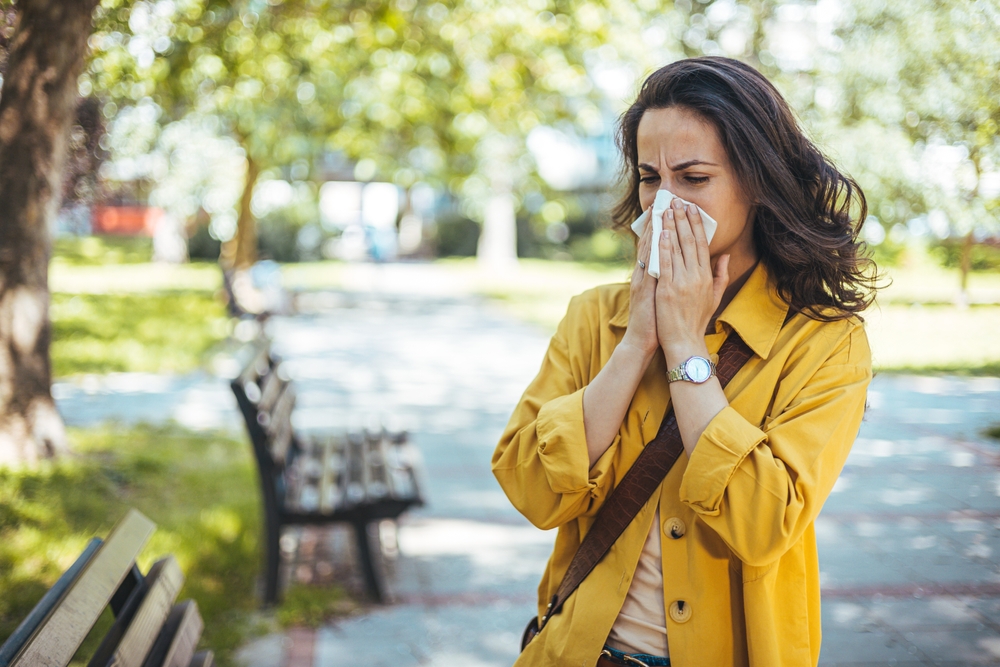
The body’s ability to fight infections weakens with age, becoming more noticeable in your 50s. Minor illnesses may take longer to recover, and recovery from injuries may feel slowed down. A weaker immune response means it’s more important to prioritize healthy habits and stay up-to-date with vaccinations to maintain resilience against illnesses.
13. Your Teeth and Gums Need Extra Attention
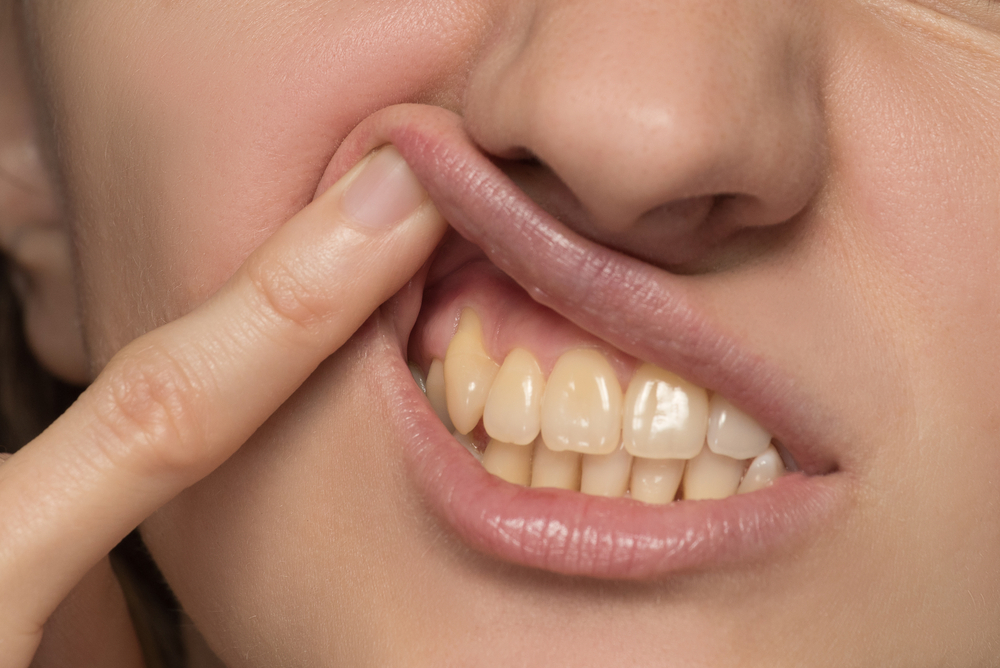
Oral health becomes more important after 50, as gums tend to recede and enamel weakens. If not properly managed, this can lead to increased sensitivity, more frequent cavities, and even gum disease. Staying diligent with dental care, such as regular cleanings and checkups, becomes essential to avoid problems down the line.

